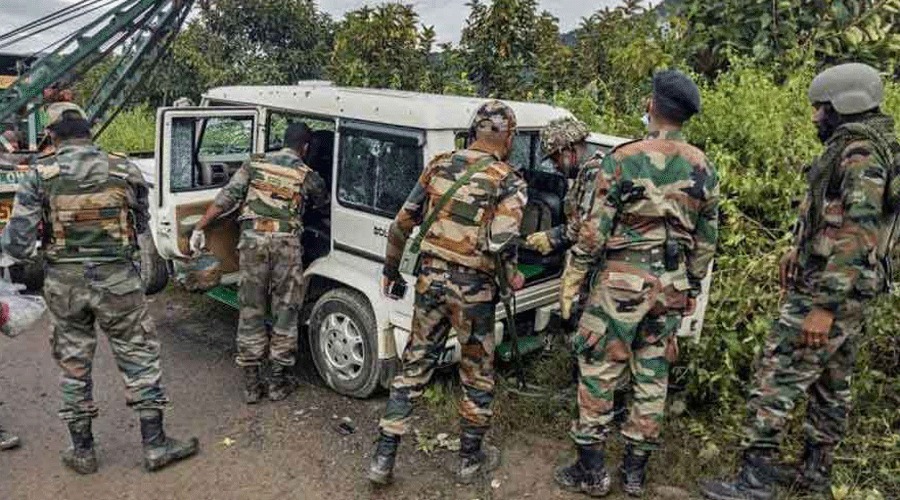The Union government’s decision to extend the Armed Forces (Special Powers) Act (AFSPA) across Manipur, barring 13 police station jurisdictions, is not just justified but essential. Given the spiralling ethnic violence between the Meitei and Kuki communities, which has turned Manipur into a war zone, any opposition to this move reeks of either ignorance or deliberate political manoeuvring. For nearly two years, the state has been on fire, witnessing unprecedented bloodshed, alleged sexual violence, and targeted attacks. The clashes, which many suspect to be orchestrated, not only disrupt civilian life but also pose a serious national security threat. Intelligence reports suggest that insurgent groups operating along the China border have access to sophisticated weaponry, including drones—an alarming development that cannot be brushed aside as mere coincidence. The involvement of external forces, particularly China, is not beyond speculation. The Congress party’s secret-documented ties with the Chinese Communist Party (CCP), including a controversial agreement signed in the presence of Xi Jinping and top Congress leaders during the UPA regime, raise serious concerns. Can it be entirely dismissed that these long-standing affiliations are playing a role in fuelling the unrest? If Opposition parties are indeed complicit in keeping Manipur burning for political gains, they are not just anti-BJP—they are anti-national.

Despite attempts to stabilize the region, violence continues unabated. The BJP’s decision to remove the sitting Chief Minister has not yielded the desired calm, proving that the problem runs deeper. It is not a leadership issue; it is a well-orchestrated destabilization effort. The fact that border communities have access to heavy arms suggests that these conflicts are being fuelled by external actors with vested interests. The larger geopolitical picture cannot be ignored. India’s economic and military rise is a direct challenge to China’s regional hegemony. New Delhi’s border policies, infrastructure push, and growing defence capabilities are clear deterrents. However, internal instability, particularly in a border state, can serve as a chink in the armor. China has mastered the art of proxy warfare—what better way to keep India engaged in internal strife than by ensuring its frontier states remain in perpetual turmoil? In such circumstances, the extension of AFSPA is not a draconian measure but a necessity. The act gives the armed forces the power to neutralize threats before they escalate beyond control. While human rights activists often decry AFSPA, the reality is that law and order in Manipur cannot be maintained by routine policing. The level of violence necessitates military intervention. Those opposing AFSPA need to ask themselves: who benefits from a lawless Manipur? The Home Ministry’s decision to extend AFSPA is a clear indication that New Delhi recognizes the larger game at play. The message is simple: India will not allow its border states to become playgrounds for external adversaries and their domestic collaborators. The government must now ensure that security forces use this mandate effectively to restore normalcy and prevent further escalation. The nation cannot afford another Kashmir—though the situation there has significantly improved after the abrogation of Articles 370 and 35A. Additionally, some Hurriyat-backed outfits are now willing to sever ties with their Pakistani handlers to join the mainstream. In the Northeast, AFSPA is not just an option—it is the need of the hour.




